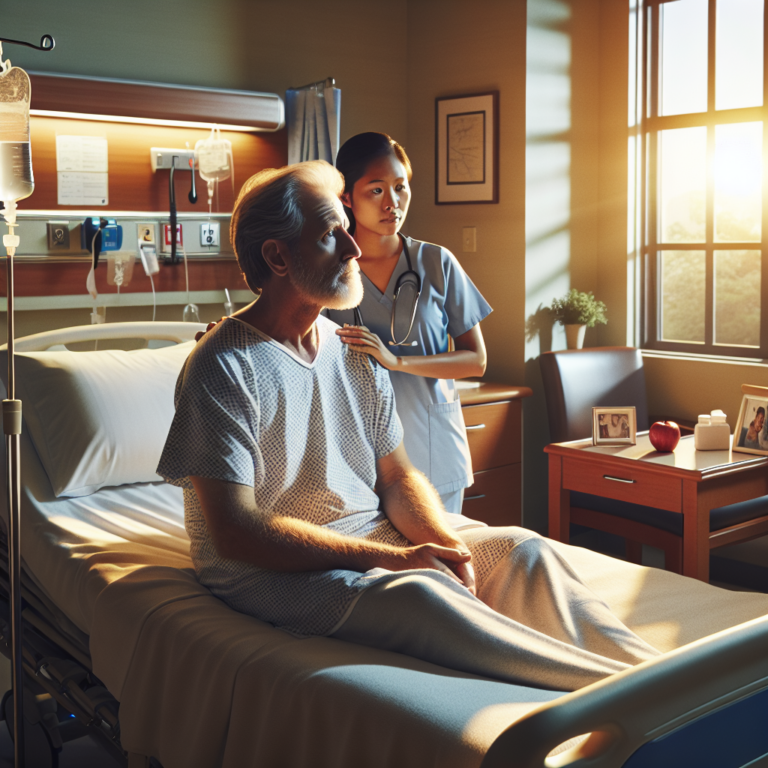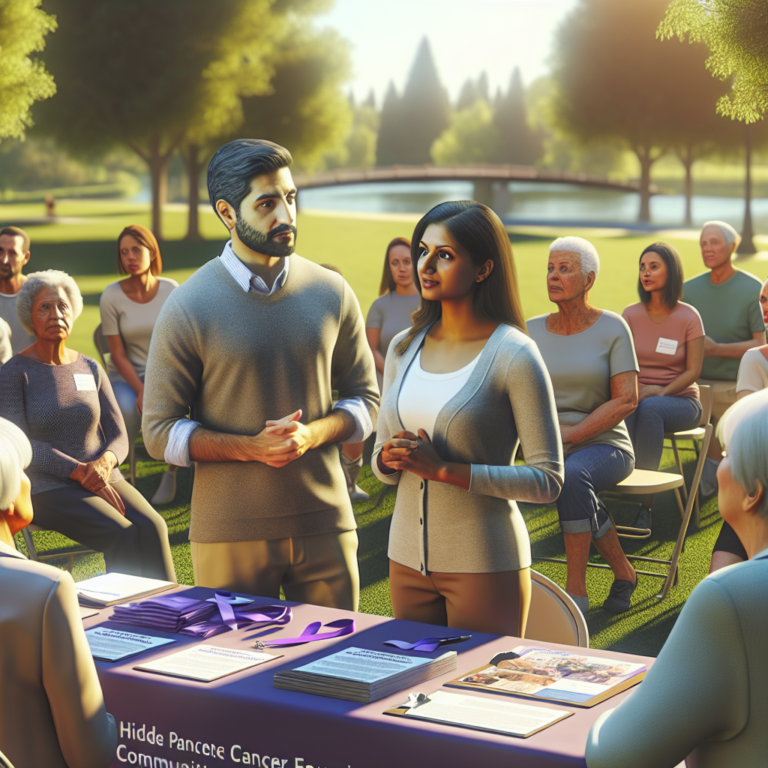Unlocking Health: How Early Detection Transforms Outcomes

Early Screening Saves Lives: A Survivor’s Journey Through Pancreatic Cancer
In a poignant story of resilience, Carolynn Kiel shares her personal battle with pancreatic cancer, a journey that began with the devastating loss of her sister and mother to the disease. Thanks to proactive screening, Carolynn was able to detect her own cancer early, leading to life-saving treatment. Her experience underscores the critical importance of regular check-ups, especially for those with a family history of this formidable illness.
The Importance of Regular Screening
In 2000, Carolynn’s life changed forever when her sister was diagnosed with pancreatic cancer after experiencing persistent flu-like symptoms. Tragically, shortly after her sister’s diagnosis, their mother was also diagnosed and passed away just two months later. This double blow propelled Carolynn into a world of research and awareness regarding pancreatic cancer, ultimately leading her to understand her own elevated risk.
- Family History Matters: Carolynn’s journey highlights the significance of knowing your family’s medical history.
- CA 19-9 Testing: Following her sister’s diagnosis, her doctor recommended annual screenings for CA 19-9, a tumor marker associated with pancreatic cancer.
From Diagnosis to Surgery
In April 2003, Carolynn’s initial test results for CA 19-9 were negative; however, a year later, the results changed dramatically. The positive marker prompted further investigation through an endoscopy, confirming her diagnosis of pancreatic cancer.
- The Whipple Procedure: Thanks to early detection, she underwent the Whipple procedure at UC Irvine Medical Center with renowned surgeon Dr. John Butler. While recovery was challenging, joining a support group proved invaluable for her mental and emotional well-being.
Despite being prescribed chemotherapy, Carolynn chose to discontinue treatment after just one week, focusing instead on natural supplements to bolster her immune system.
Looking Ahead: Advocating for Family Screening
Today, Carolynn remains vigilant about her health and the health of her loved ones. Both her daughter and surviving sister participate in annual CA 19-9 screenings, which are not routinely included in standard blood tests.
- A Proactive Approach: While the CA 19-9 marker isn’t infallible, it serves as a practical tool for early detection of pancreatic cancer.
- Contributing to Research: In light of their family’s history, they submitted blood samples to the National Familial Pancreatic Tumor Registry at Johns Hopkins, aiding ongoing research efforts.
As a survivor, Carolynn is dedicated to offering support to others battling pancreatic cancer. She emphasizes the importance of seeking second opinions on treatment and choosing experienced surgeons for procedures like the Whipple. Above all, she urges others to encourage their family members to get screened regularly, as early detection can significantly improve outcomes.
For an inspiring look into her journey, you can watch her story in the video titled “I Made It.” Carolynn’s experience is a powerful reminder of the impact of early detection and the strength found in community support during challenging times.






